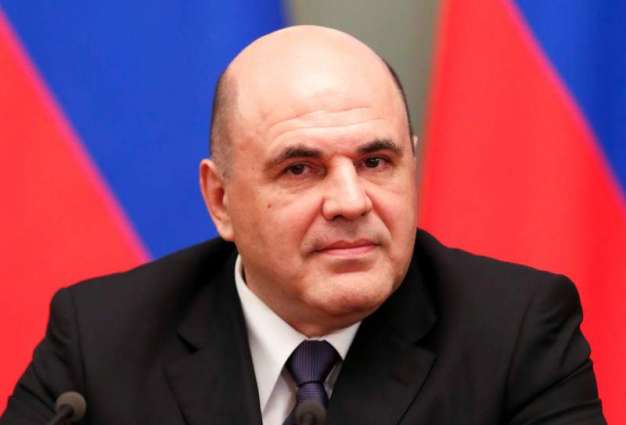The construction of the Baim iron ore dressing plant (GOK) in Russia's central-north Chukotka Autonomous Region should be carried out in compliance with all environmental regulations, Russian Prime Minister Mikhail Mishustin said on Thursday
ANADYR (Pakistan Point News / Sputnik - 13th August, 2020) The construction of the Baim iron ore dressing plant (GOK) in Russia's central-north Chukotka Autonomous Region should be carried out in compliance with all environmental regulations, Russian Prime Minister Mikhail Mishustin said on Thursday.
"It is extremely important that any construction, especially such a large-scale one, be conducted with application of all mandatory environmental standards as well as with observance of all requirements for the protection of life and health of people," Mishustin said during a consultation meeting for the Baim GOK's construction.
According to the prime minister, the exploration of the local ore reserve will benefit the entire Chukotka region and facilitate the implementation of Federal targets in the area, such as increasing the cargo turnover of the Northern Sea Route and the development of the Arctic zone as a whole.
As specified by Mishustin, the plant will create 3,500 jobs, and increase Russia's annual copper production by 15-20 percent and molybdenum by almost 80 percent.
Construction works in such a complicated climate zone are expected to require advanced technological solutions with minimal human involvement, for example, via the use of unmanned dump trucks. If successful, the construction technology can be a benchmark in other complicated climate conditions.
The construction of the Baim GOK was greenlighted by the Russian government in September of 2018 and is expected to begin in 2022. The project rights were acquired by Kazakh company KAZ Minerals. Investments were initially estimated at $4.5 billion but later raised to $7 billion.




